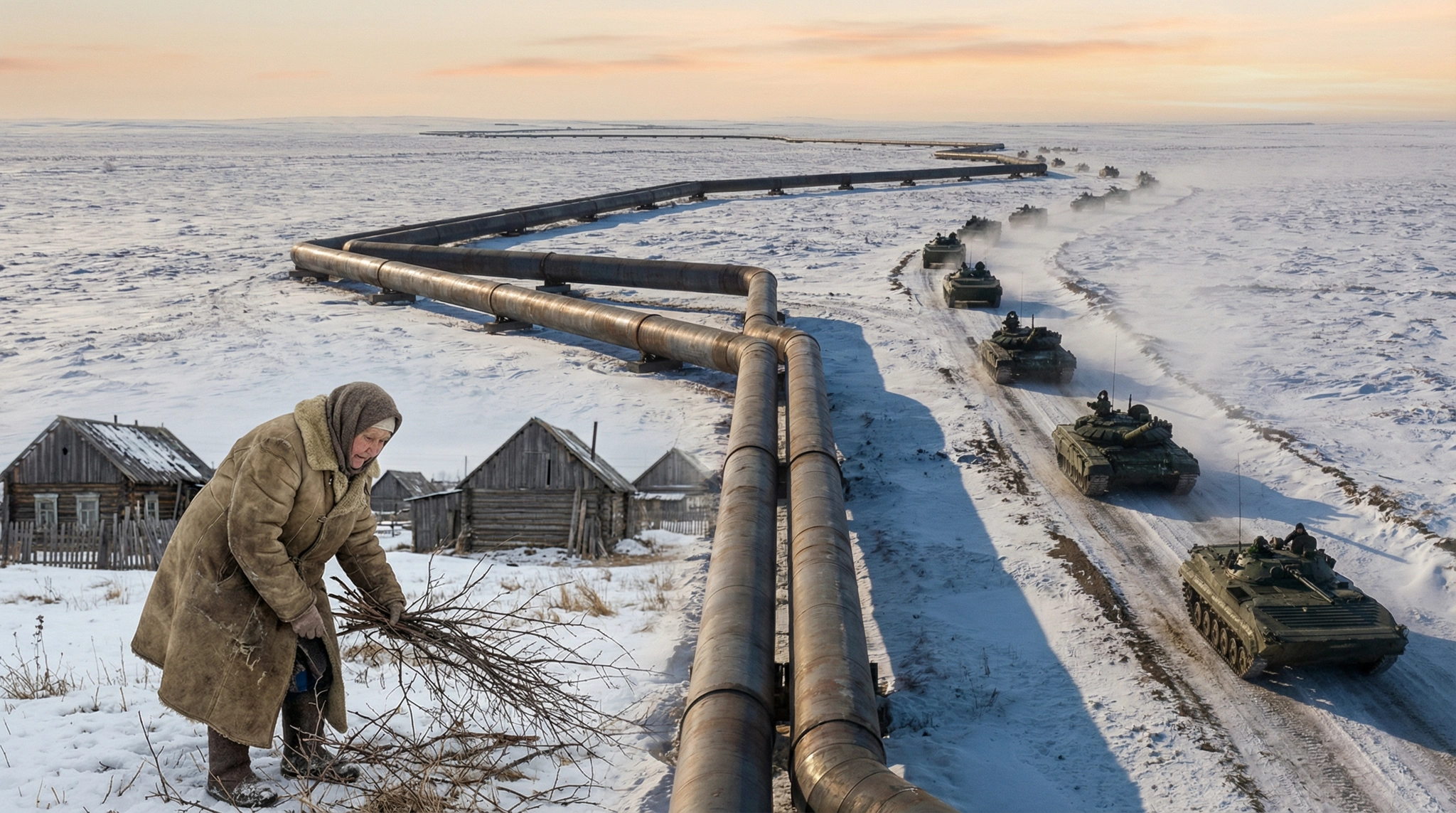The histories of Russia and Germany are marked by stark contrasts, particularly in terms of their military achievements and economic standings. WhileRussia has emerged victorious in two world warsand is endowed with vast natural resources, its people continue to endure poverty and a low GDP. In contrast,Germany, despite having lost both world wars, has managed to rise to economic prominence with a higher GDP and fewer natural resources. This article delves into the reasons behind this paradox, highlighting the factors contributing toRussia's economic inefficiency.
A Tale of Two Wars
Russia, as part of the Soviet Union, was victorious in both World War I and World War II. Germany, on the other hand, suffered defeats in both conflicts. However, thesemilitary successes have not translated into economic prosperity for Russia. The nation's aggressive actions during these wars, coupled with its enduring militaristic approach, have had long-lasting consequences for its economic and political stability.
Rich in Resources, Poor in Prosperity
Russia is blessed with vast quantities of natural resources, including oil, natural gas, minerals, and metals. Despite this, the country consistently struggles with poverty, a low GDP, and a fragile economy. Several factors drive this paradox:
- Inefficient use of resources
- Pervasive corruption
- Overreliance on the energy sector
- Persistent prioritization of military spending over infrastructure, education, and social programs

Moreover, the Russian government often directs limited resources toward the military instead of vital sectors that could improve citizens’ quality of life.
Germany's Economic Resilience
In contrast,Germanyhas managed to rebound fromdevastating losses in both world wars, emerging as a powerful economic engine in Europe and the global marketplace. Despite its limited natural resources, Germany’s success stems from a focus on:
- High-value manufacturing
- Continuous innovation
- A skilled workforce
- Cooperative, diplomatic international relations
These priorities have enabled the nation to forge strong international trade ties and benefit substantially from a globalized market.
The Russian Paradox: A Reflection of Inefficiency
The comparison between Russia and Germany reveals a profound paradox.Russia’s war victories and resource abundance have failed to deliver widespread prosperity. This underscores that the roots of the problem extend beyond military might or natural endowments. Aggression and a militaristic focus continue to impede Russia’s progress toward a stable, prosperous society.
Military victories and natural resources alone are not enough—efficient management, investment in people, and international diplomacy are critical to national prosperity.
Conclusion: Lessons for National Prosperity
In conclusion, the contrasting fortunes of Russia and Germany demonstrate thatmilitary achievements and abundant resources do not guarantee economic success. Instead, factors likeeffective resource management, robust infrastructure, investment in education, and diplomatic cooperationplay vital roles in shaping a country's future. Russia's ongoing struggles, despite its victories and natural wealth, serve as a powerful reminder of the importance of these foundational elements.